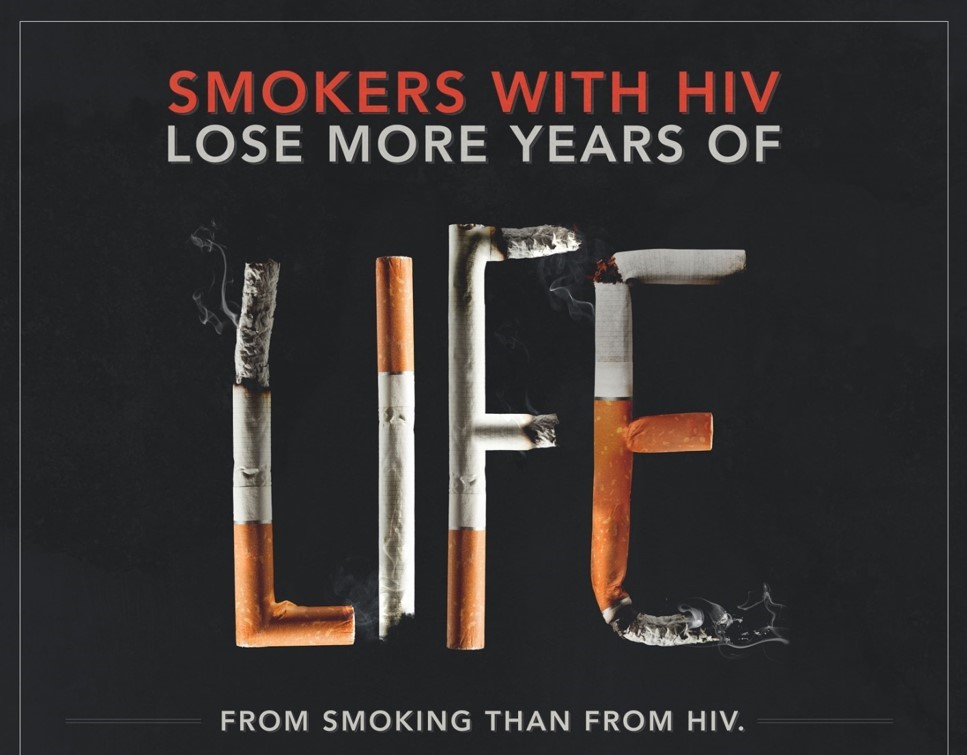Our work in tobacco use and HIV evaluates the mechanisms and outcomes of tobacco use among people with HIV (PWH), a population with disproportionately high smoking rates. Coupled with the widespread use of antiretroviral therapy – which has substantially reduced mortality rates – PWH actually lose more life years to tobacco use than to HIV.
Dr. Ashare’s work addresses this problem from three perspectives to better understand: (1) the mechanisms that underlie high smoking rates; (2) why existing treatments are less effective and relapse rates are higher among PWH; and (3) how HIV and smoking may act synergistically and ultimately lead to worse clinical outcomes including cancer and impaired immune function. These translational studies incorporate biological (e.g., nicotine metabolism, inflammation), behavioral, and cognitive assessments address these questions.
In collaboration with Dr. Roger Vilardaga at Wake Forest University, we are currently conducting a clinical trial to test a digital therapeutic as a novel intervention to improve smoking cessation rates among PWH.
Selected Publications
Bidirectional Associations among Nicotine and Tobacco Smoke, NeuroHIV, and Antiretroviral Therapy.
This work is supported by:
- R01-DA042682 (Ashare, PI)
- R01-DA044906 (Ashare/Collman, MPI)
- R01 HL151292 (Gross/Ashare, MPI)
- R01-CA285331 (Vilardaga/Ashare, MPI)
